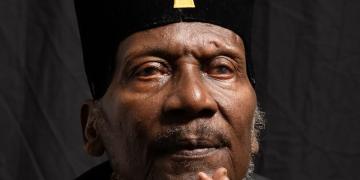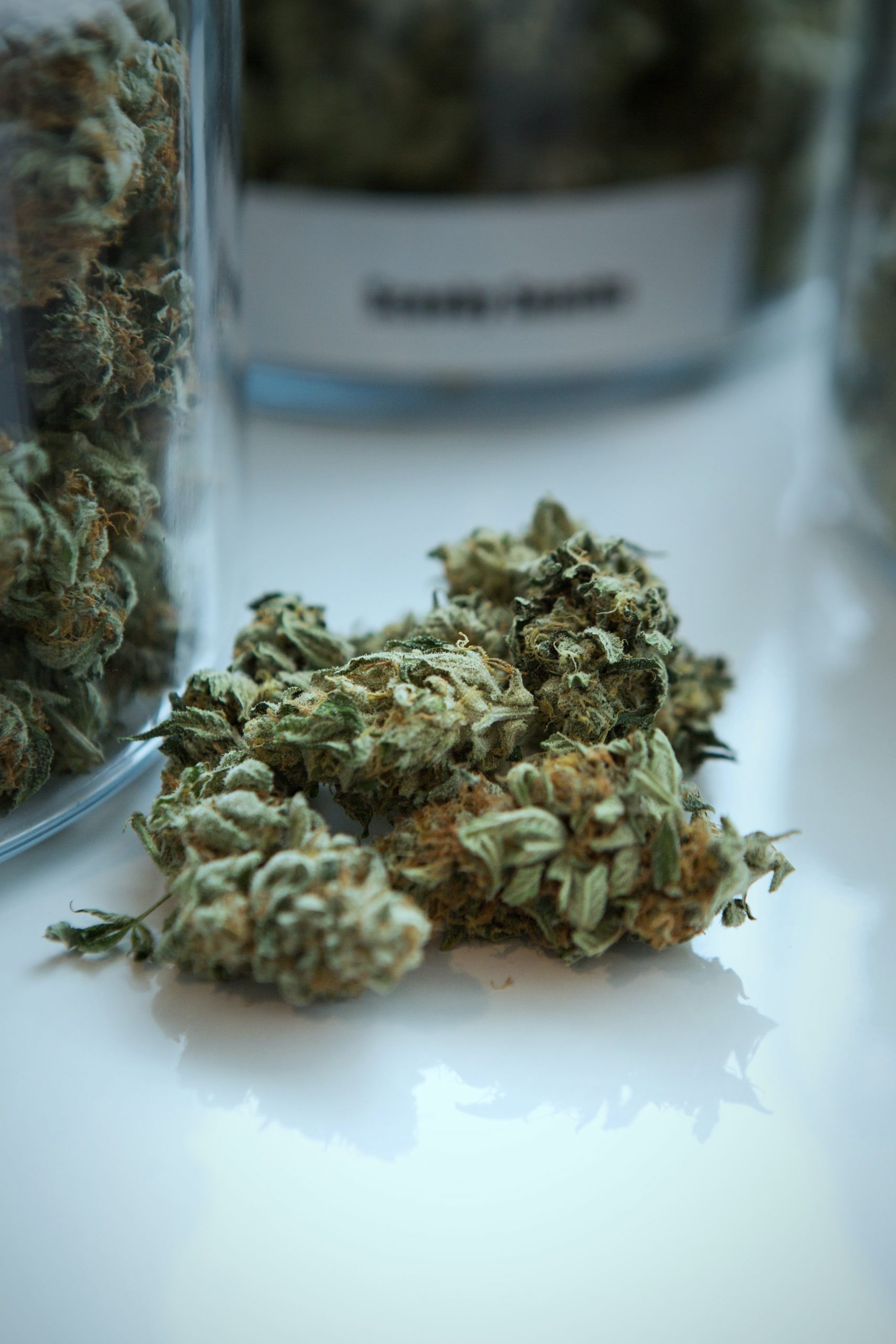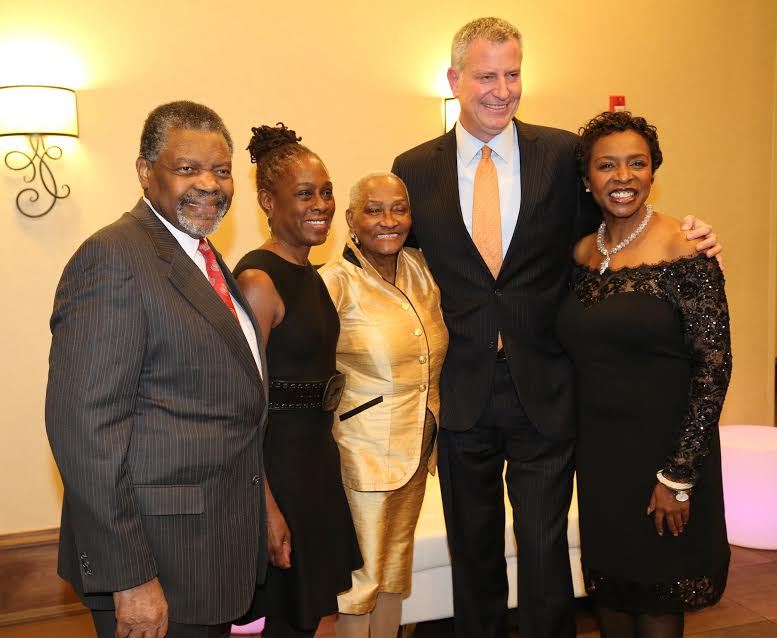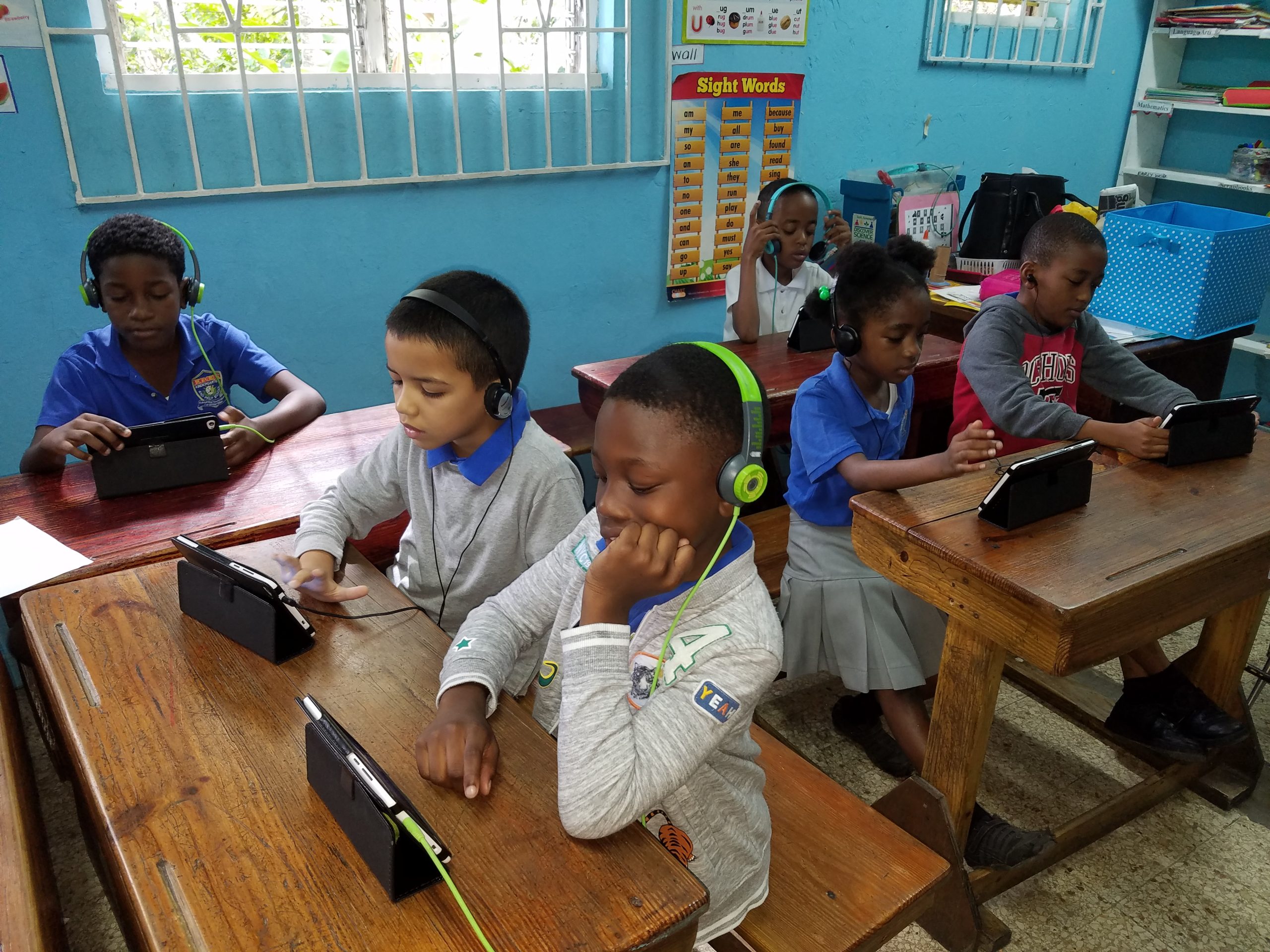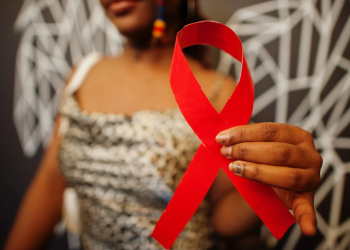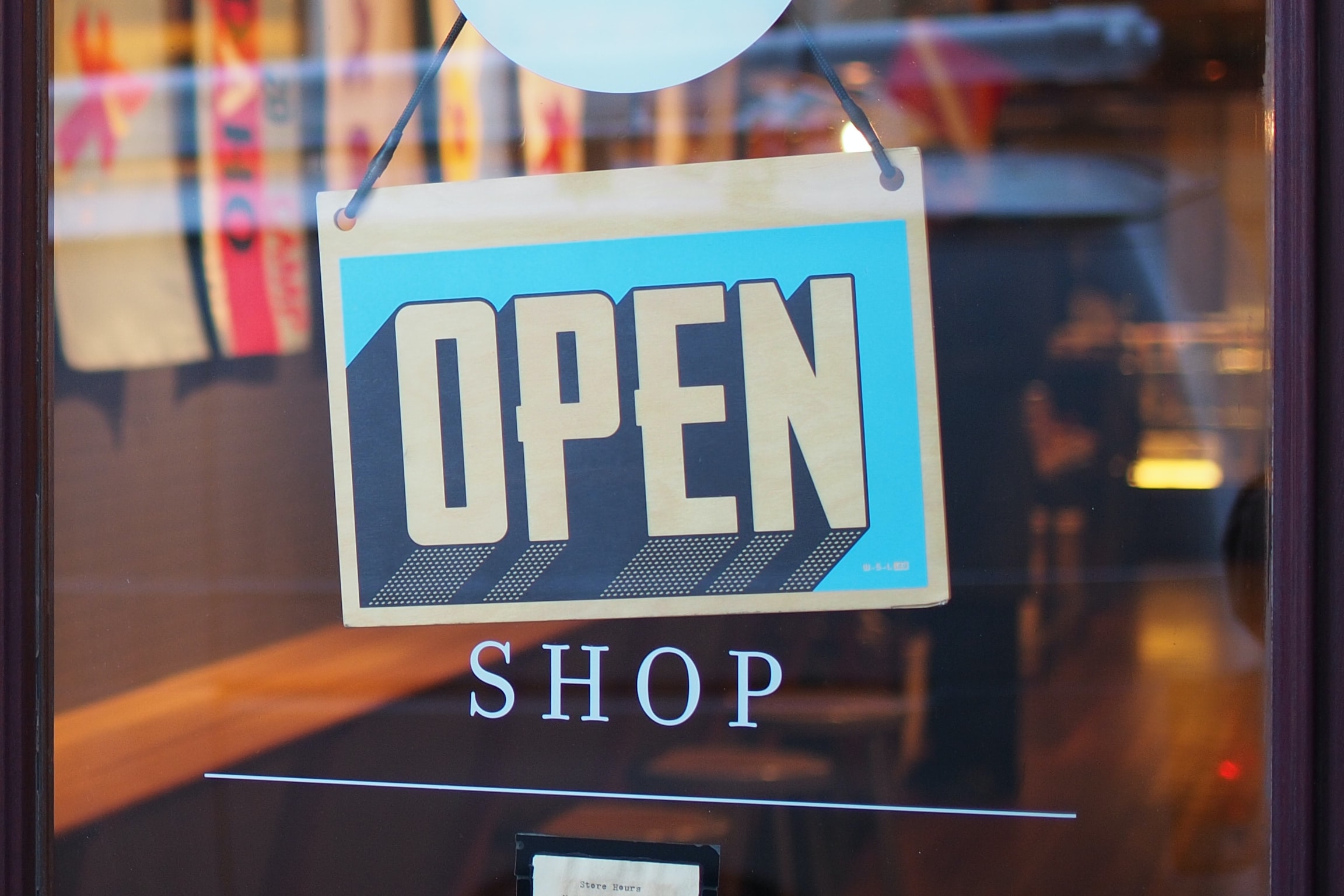
There’s nothing new about cannabis/marijuana/weed, the plant has existed since 500 BC, but the plant was criminalized in the 20th Century and is still federally illegal in the US. Currently, 19 states have legalized cannabis for both adult and medical use, and 36 states have only medical use of cannabis. However, the business of cannabis is new. According to Frontier Data, the U.S. cannabis market, with states such as Colorado, California, Nevada, Washington, and Oregon being at the forefront of full legalization, is projected to be a half-trillion-dollar market by 2025.
So what is the business of cannabis? The business of cannabis consists of Medical Cannabis Dispensaries, Adult-Use Dispensaries. Cultivation Grows, Consumption Lounges, Delivery Services, Cannabis Restaurants, Distribution-Wholesaling, Processing – seed to a finished product such as Edibles, Seed Banks, Consumer Package Goods, CBD Oil, and Concentrates, Real Estate – leasing commercial property to cannabis companies, Cannabis Stock as well as the Legacy Market, despite being unregulated continues to be sustainable and profitable contributing to the market growth of the business of cannabis.
We can’t ignore the legacy market because the business of cannabis is costly in an overly regulated market. Nor can we overlook the non-plant-touching, Ancillary opportunities in this industry, which consists of Cannabis Attorneys in the practice areas of Trademark and Patents, Mergers & Acquisitions, Regulatory and Compliance, Employment, Tax, Riparian(Water Rights), Data Privacy, Brand Influencers, and Developers, Event Planners, Graphic Designers, Cybersecurity, Nurses and Doctors, HVAC Techs, Business Consultants, Architects and Engineers, Insurance Providers, Supply Chain Vendors, Security Experts-Armed and Non-Armed Personnel, Landlord and Patient Advocates. In the area of ancillary opportunities, the cost of doing business is not as high, but requires cannabis competency and the ability to cannibalize your skillset. In addition, the ancillary area is an opportunity to increase the participation and representation of those living in impacted communities affected by the war on drugs. However, unlike plant-touching businesses like Dispensaries and Cultivation, which require state and city licenses to operate, the ancillary businesses do not, but for professional license holders, a licensing board must allow the holder to participate in the legal market.
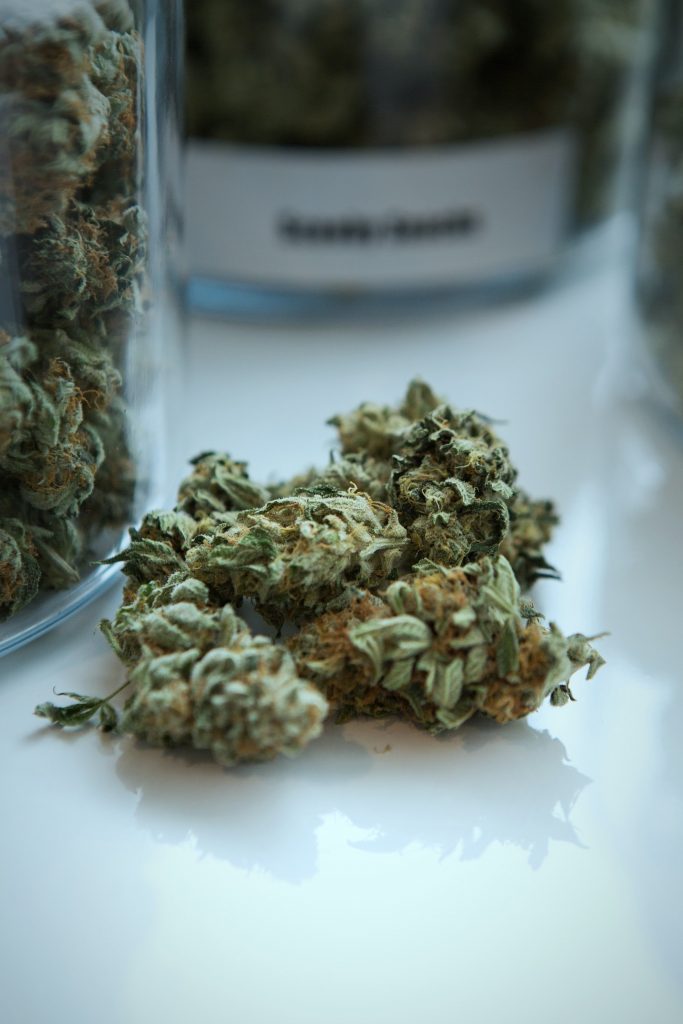
The business of cannabis is called the Green Rush, a rush to monetize this green plant that has been criminalized and categorized as a Schedule I Substance since 1970. It is considered to have no medical efficacy. However, Medical Multi-State Operators and soon Big Pharma and Big Tobacco have dominated this industry, locking out and locking up Black and Latino people living in impacted communities. Thus, the current ownership in this industry is 80% to 90% white-owned, 5.7% Latino, 4.3% Black, and 2.4% Asian.
This is just a brief insight into the business of cannabis, and I hope that this piques your Cannabis Curiosity. I challenge the BIPOC community to get involved in the business of cannabis, be it as an advocate for social equity and inclusion and/or cannabis owners in either plant or non-plant touching businesses. We need to increase BIPOC and Women’s ownership and representation in this industry.
Be Leaderly,
Michelle Fields Esq., is a Cannabis Attorney, Legal Cannabis Writer, Board Member of the New York City Cannabis Industry Association for NYC and Hudson Valley, Co-Chair of the Social Equity and Homegrown and Sustainable Practices Committees and Global Strategic Consultant, The Mary Jane Consulting Group, www.themaryjaneconsultinggroup.com

